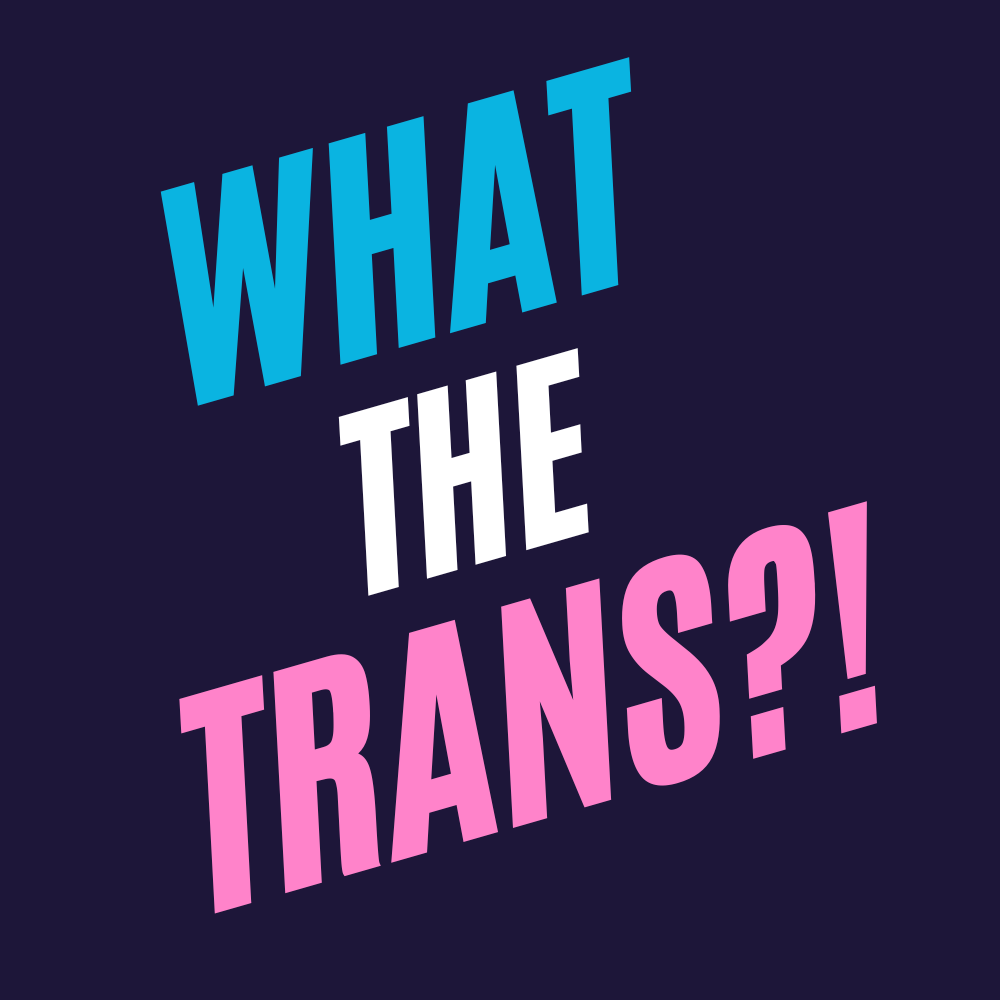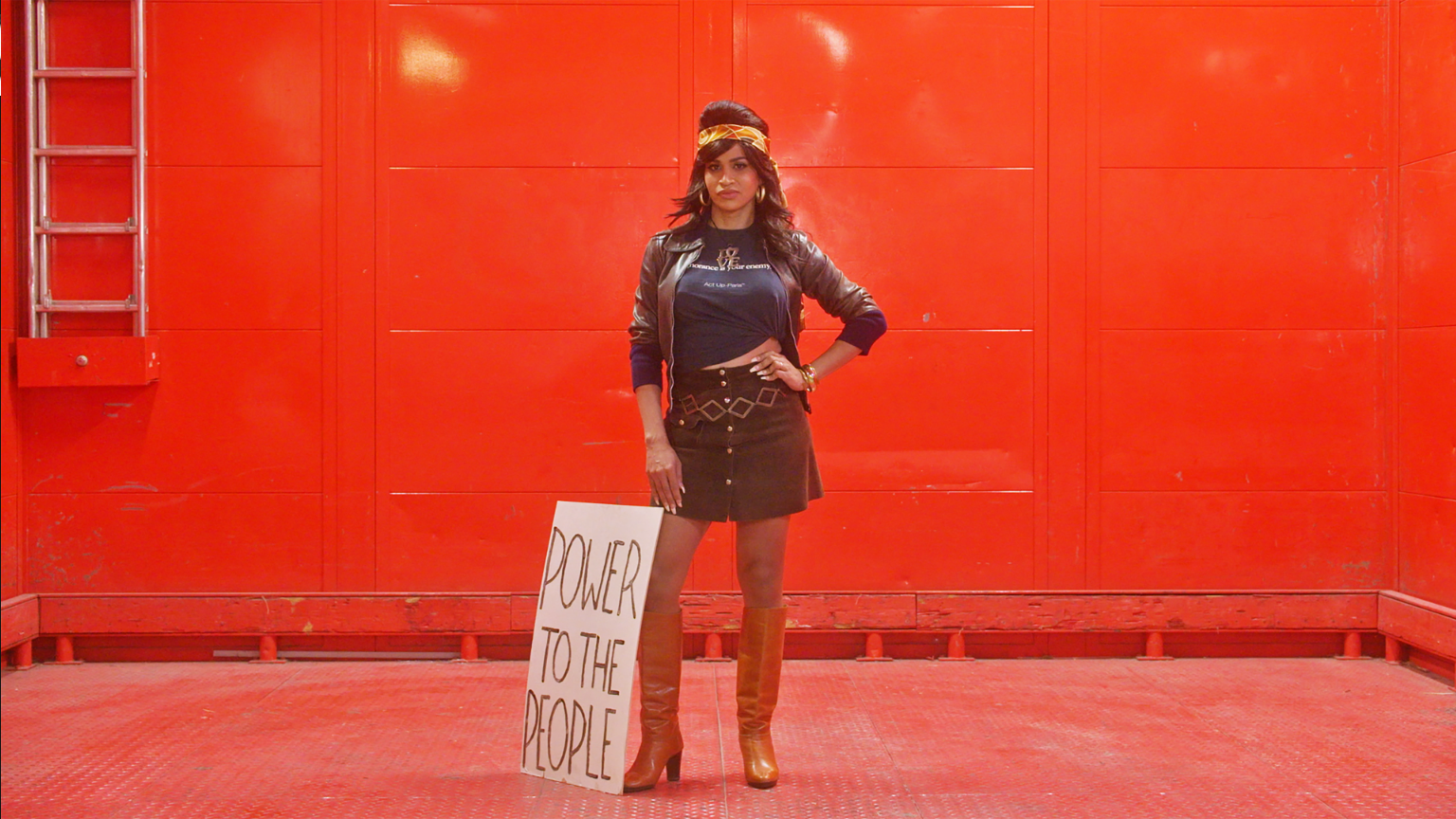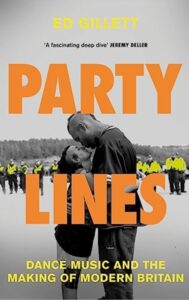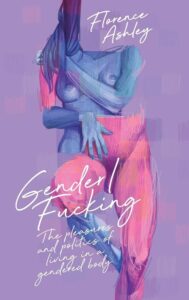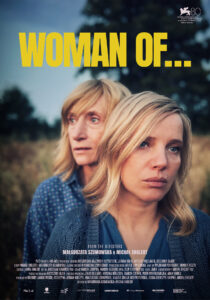Paul B Preciado’s multi-award winning film Orlando: My political Biography is out 5th July, and is a needed salve in abrasive times. This film has nestled into my heart like very few films do, to the point where I don’t feel like I’m just writing a review anymore (of course, professionalism, I still am). I’m also writing about an all-time favourite: artwork that deeply affected me in the best way art can. It galvanised my soul. This film wasn’t just interesting and entertaining, it was genuinely healing. It’s important to share that healing, so go watch it. In summary, I am glad this film exists and hope for more like it.
I cannot express enough how much this film should be felt more than read about. Nonetheless, here is the premise. Orlando: My Political Biography is a multi-award winning documentary about transition, through the reclamation of Virginia Woolf’s 1928 novel Orlando: A Biography as, first and foremost, a trans story. It does this by having around 20 trans and nonbinary people act out parts of Orlando’s story interweaved with them talking about their own gender, and Paul narrating his thoughts and parts of his own story toward Virginia Woolf directly.
The film acts as a letter to Woolf that contains the lives of not just the on-screen Orlandos but the off-screen ones, too. Various milestones in the experience of realising you are trans and going through transition are navigated with the view of transness as beautiful and natural, because we are natural. We are first and foremost, as is said by Orlando in a psychiatrist’s office, “Living bodies in a normative regime”.
Like the novel, Orlando takes place over centuries, but it also never takes its eye off the ball of the current landscape trans people find ourselves in. It shows how being trans is like being part of a fractal. You will not always be sure of whether someone is speaking as themselves or Orlando, until the mention of something from the 1700’s. But that doesn’t matter. What matters is the universal experiences, even when there are so many personal differences in the journey and how our community is ever-growing. As Paul said to me when I was lucky enough to interview him (fully published here) “Now, this is a collective: political, almost like planetary revolution”. It does all this without being confusing.
Orlando also refuses any gendered gaze, and it’s noticeably freeing; something I learnt was deliberate when mentioning how it feels nonbinary in its making. Paul said he tried to approach the film “Without reproducing the violence of the binary and normal gaze” and was “surprised by the generosity, the beauty, the intensity of what people were able to give”. This is his first film, but it is a continuation of his career, being a philosopher and writer who has advocated for trans rights for many years. The conversation was brief, but touched on a lot of really powerful topics and is worth the read.
I’ll happily admit when a film makes me cry, and this one did more than once, but with Orlando that was not out of sadness. There is just so much to it that is viscerally earnest and, eventually, that earnestness will move you. It is unflinching in its vulnerability, which is a strength, and at no point does it exploit the sincerity of the Orlandos as they speak for themselves. There are no emotional breakdowns, no graphic descriptions or re-enactments of trauma or hate crimes, nor desperate pleadings to be recognised as human. It refuses to bend to such cruelty, which is refreshing and empowering. It demands you to be earnest with it.
In fairness, some people may find Orlando a little high-concept or hard to grasp at first, but I implore you to go with it. Let its gorgeous kaleidoscopic nature unfold for you. Even if stylistically it is not your cup of tea, by the end you won’t be able to deny the power in its message and the value that message holds at all times, but right now more than ever in Britain’s current atmosphere.
Even if you are not trans, as Paul put it in our interview, “We are all in transition… living in the current political conditions is transitioning… It’s like you don’t believe it, but you are as abnormal as us… you might not realise it yet, but you’re also extremely subjected to the politics of normalisation that might destroy your life as our lives”. As someone who felt this film resonated not only with my life as a trans person but also with my disabled identity, I see its translatability, as much of the struggle to transition is also a struggle for good healthcare. I believe in its ability to resonate with others as it encourages humanity. This is why I love this film. Orlando: My Political Biography is not just Paul’s or Orlando’s biography: it is mine too, and likely yours. Watch it from 5th July to find out.
